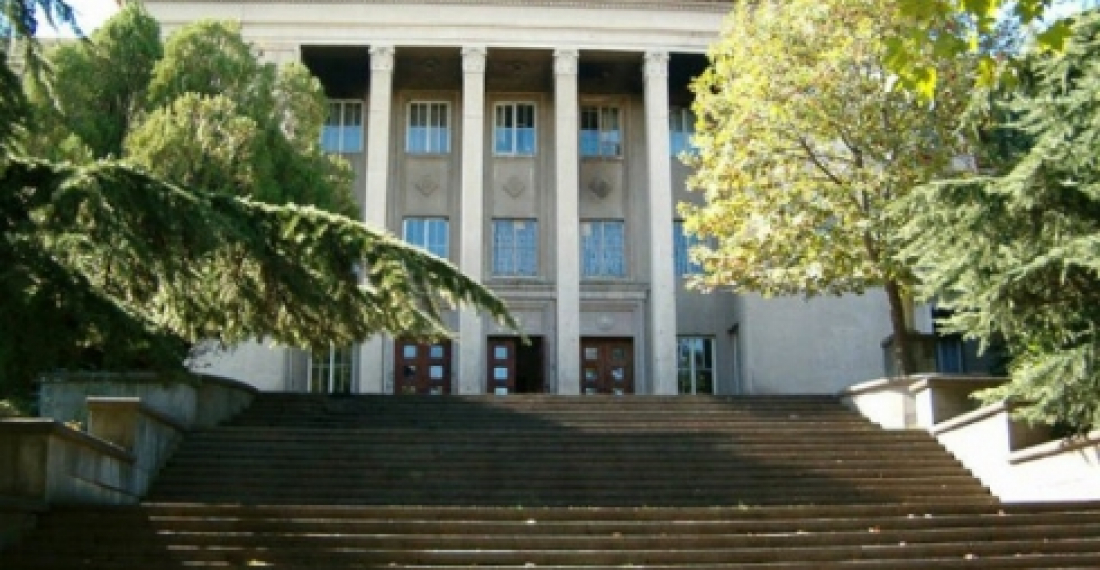An electorate of less than 30,000 people will today be asked to vote for the third time in six months to choose a President for the tiny territory of South Ossetia, a self declared Republic. An election in November and a run off soon after were annulled after accusations of election fraud and street demonstrations.
Does the election matter? South Ossetia is not only a largely unrecognised entity but it is also small both by territory and population. Yet its secession from Georgia twenty years ago, and even more the short war over it between Russia and Georgia in 2008, brought it to the centre of international attention. Politics in the territory is parochial, even if the candidates wrap themselves in ideological labels. Video clips in the campaign for three of the four candidates emphasized their closeness with the electorate. The fourth, a communist candidate focused on patriotic themes.
This time round there are four candidates: Dmitry Medoyev, the South Ossetian ambassador to Russia; David Sanakoyev, the presidential human rights ombudsman; Leonid Tibilov, former chair of the State Security Committee; and Communist leader Stanislav Kochiyev.
The elections will be valid if the turnout is over 50%, and the winning candidate must gain 50% plus one vote.
source: commonspace.eu
photo: The government building in the South Ossetian capital Tskhinvali (archive picture)
A few days before the poll the Russian President Dimityri Medvedev appointed the President of neighbouring North Ossetia, Teimuraz Mamsurov, as his special envoy to the region, giving him an official role in the affairs of the territory. Unity between North and South Ossetia has been a stated aim of most Ossetian politicians for the last two decades. It seems that Medvedev has now tried to take this process one step further. Whoever is elected President of South Ossetia will be almost entirely dependent on Russia for security, financial, as well as political support. The election in South Ossetia is therefore, like most other things in the territory, largely symbolic. The international community, with the exception of Russia and a handful of small countries, still recognise South Ossetia as a part of Georgia.







